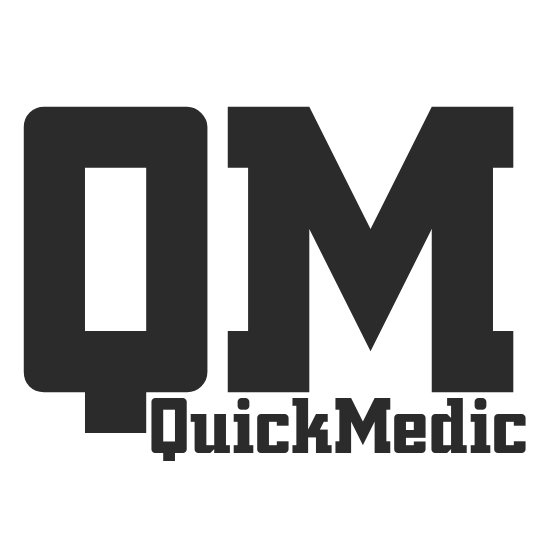|
In our career as anaesthetists, we are expected to deal with a very wide mix of emergency cases from difficult airways, cardiac arrests to the lifeless child in its parents arms - and pretty much everything in between. The gravity of emergency situations is enormous and can be the difference between life and death (obviously) but also the difference between quality of life and profound morbidity. Timely and methodical approaches save lives.
All cases in emergency management should be approached with an ABCD style. This is the same for 1st year students as it is for consultants. We may roll our eyes when we announce 'checking for danger' but checklists do much to enable us to focus on a thorough assessment and should be thought of (in exam scenarios) as an opportunity to explain your knowledge of emergency assessment. Topics in Emergencies that frequently come up in exams test, at a fundamental level, your safety to practice as an FY1. You could honestly be starting your first working day in the NHS on a night shift. Whilst support is plentiful - a good knowledge of emergency algorithms is essential and I would thoroughly advise you to be aware of the ALS algorithms as a basis of your practice. By no means an exhaustive list of revision - here are the topics that are taught on common Acute Illness Recognition Training courses throughout UK medical schools:
In context of acute care:
HERE (Click) is a great collection of Emergency Medicine Resources for general perusal for those interested- covering abdominal emergencies to Battlefield Trauma.
0 Comments
Leave a Reply. |
USE OF THIS WEBSITE IS SUBJECT TO AGREEING TO THIS DISCLAIMER
|

Free to access Propofology Infograms, eBooks and selected YouTube videos by Dr. David Lyness are licensed under a Creative Commons Attribution-NonCommercial-NoDerivatives 4.0 International License.
Please attribute all works: 'Based on a work by Dr. David Lyness' at www.propofology.com/resources.
|
Home
About Contact |
ALL SITE USERS SHOULD READ AND AGREE TO THE DISCLAIMER HERE.
Contact via Twitter |

 RSS Feed
RSS Feed